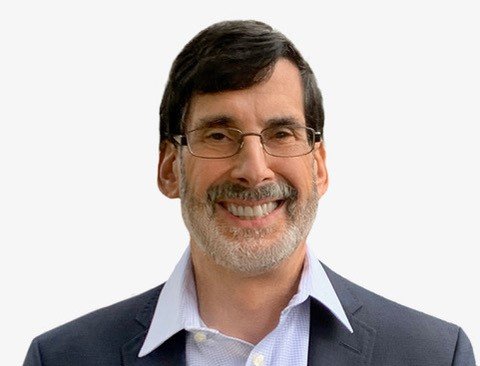
By MICHAEL MILLENSON
Overcoming Obstacles and Envisioning the Future of Collaborative Decision-Making in healthcare
Collaborative decision-making (CDM) between healthcare professionals and patients is often celebrated as a cornerstone of patient-centered care. However, recent insights from three medical journal articles reveal meaningful hurdles that this practice must overcome. Notably, artificial intelligence (AI) could emerge as a transformative force in enhancing this vital aspect of healthcare communication.
A Pivotal Moment for Collaborative decision-Making
A commentary published in the Journal of general Internal Medicine asserts that “collaborative decision-making is at a pivotal moment.” The authors, affiliated with the Agency for Healthcare Research and Quality’s CDM Learning Community, argue that while ther are increasing calls for research and educational initiatives to improve CDM practices, these suggestions resemble mere traffic signals rather than effective strategies for crisis management.
Historically, collaborative decision-making has struggled to gain momentum. A report from a presidential commission on medical ethics back in 1982 identified CDM as “the ideal standard for patient-provider relationships,” urging physicians to respect their patients’ autonomy. Fast forward over forty years; many practitioners still approach discussions with phrases like “Shall we proceed with this option?” instead of genuinely involving patients in the decision-making process.
The Communication Gap in Oncology Care
In oncology—were treatment choices can significantly impact lives—CDM was recognized as essential by a landmark report titled Ensuring Quality Cancer Care published by the Institute of Medicine (now known as the National Academy of Medicine) back in 1999. Yet recent studies highlighted in Psycho-Oncology indicate that numerous oncologists continue to prioritize their professional identities over engaging collaboratively with patients. This reluctance often hampers meaningful patient participation.
Cancer patients frequently express feelings of being unheard or unable to question what their oncologists consider optimal treatments. Alarmingly, when these individuals do voice concerns or preferences regarding their care options, some oncologists become less open to collaborative decision-making processes.
For those who hope that newer generations of doctors will be more receptive to patient input, findings from JAMA present concerning news: when medical students discussed instances where patients introduced treatment suggestions generated by AI tools like ChatGPT during consultations, they displayed an outdated dismissiveness towards such contributions.
This mindset reflects an underlying belief among some future physicians that they inherently possess superior knowledge about treatment options—a sentiment lamented by Dr. Kumara Raja Sundar.
The Promise of AI: A Potential Path Forward?
An analysis reveals that challenges surrounding CDM are deeply rooted rather than transient issues; well-intentioned efforts clash with long-standing cultural norms established since Hippocrates’ era.Medical ethicist Dr. Jay Katz notes that embracing patient self-determination signifies a substantial shift away from traditional practices passed down through centuries within medicine’s extensive history spanning over two millennia.
Moreover, individual physicians increasingly find themselves constrained by external pressures affecting their time management capabilities. In previous decades—specifically during the ’80s—80% worked within small practices comprising ten or fewer doctors according to data from the American Medical Association; however today marks an unprecedented shift where private practice physicians constitute only about half (42%) while nearly one-fifth operate within larger groups exceeding fifty practitioners.
This transformation appears inevitable given current trends wherein individuals diagnosed with breast cancer or prostate cancer now have access platforms developed specifically assist them transferring personal medical records onto systems comparing existing treatment plans against established guidelines set forth National complete Cancer Network! Additionally entrepreneurs survivors launching online resources aimed making refined search engines available every single person battling disease further democratizes access vital facts previously reserved solely clinicians researchers alike!
The focus will soon shift away merely whether shared-decision making occurs rather how effectively implemented! Family physician Sundar advocates adopting “relational humility,” encouraging practitioners view AI-enhanced consultations opportunities fostering deeper dialogues rather than perceiving threats authority held traditionally throughout profession’s history!
“As our clients equip themselves knowledge seek recognition not resistance,” he emphasizes underscoring importance adapting evolving landscape modern medicine requires collaboration mutual respect between all parties involved ultimately leading better outcomes overall!”
